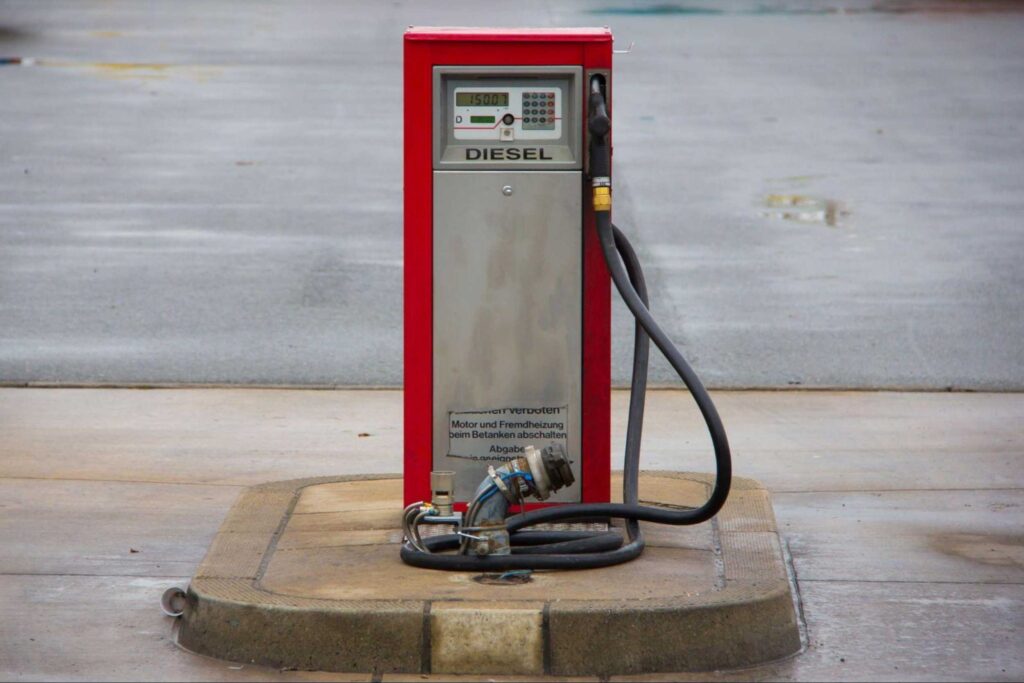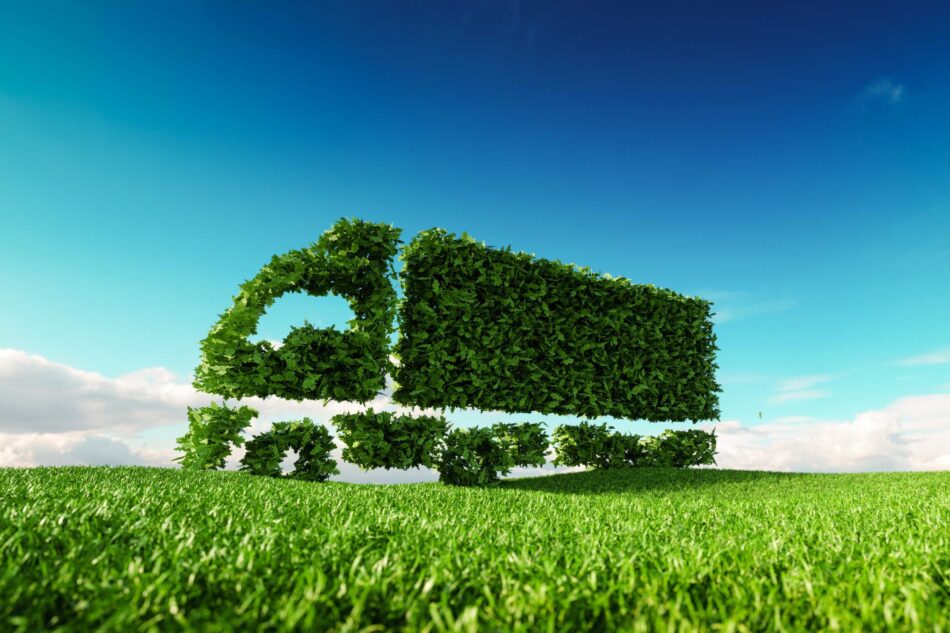The United Kingdom relies on a diverse mix of fuels to power its vehicles, industries, and homes. With a growing emphasis on environmental concerns and sustainable energy, the choice of fuel has evolved over the years. While traditional fuels like petrol and diesel remain dominant, there is an increasing shift toward alternative energy sources, such as electric and hydrogen fuel. This article explores the different types of fuel used across the UK, highlighting their benefits, challenges, and role in the country’s energy landscape.

Petrol and Diesel
Petrol and diesel have long been the standard fuels for most vehicles in the UK. Petrol, also known as gasoline, is primarily used in smaller, lighter vehicles, while diesel is preferred for larger vehicles like trucks, buses, and certain cars. Petrol engines are typically quieter and produce fewer particulate emissions, but diesel engines are more fuel-efficient, offering better mileage and more torque.
However, both fuels contribute to air pollution and carbon emissions, leading to an ongoing debate over their future. In recent years, the UK government has introduced measures to phase out the sale of new petrol and diesel cars by 2030 as part of its commitment to reduce greenhouse gas emissions and transition to cleaner technologies.
Electric Fuel
Electric vehicles (EVs) are gaining significant traction in the UK as part of the nation’s push to decarbonise transport. Unlike petrol and diesel-powered cars, EVs are powered by rechargeable batteries, which are charged using electricity from the grid. The rise of electric cars is seen as one of the most effective solutions to reduce carbon emissions, especially in urban areas.
The UK government has implemented various incentives to encourage the adoption of electric vehicles, including subsidies, tax breaks, and the expansion of charging infrastructure. While the adoption of EVs is steadily increasing, challenges remain, such as battery range, charging station availability, and the environmental impact of battery production.
LPG (Liquefied Petroleum Gas)
Liquefied Petroleum Gas (LPG) is another alternative fuel that is used in some vehicles and domestic heating. LPG is made up of a mixture of propane and butane and is stored in liquid form under pressure. It is a cleaner-burning fuel compared to petrol and diesel, emitting lower levels of carbon dioxide (CO2) and nitrogen oxide (NOx).
LPG is commonly used for domestic heating and cooking, especially in rural areas where natural gas infrastructure is not available. Though it has a smaller market share for vehicles, LPG-powered cars and vans still offer a viable low-emission alternative for drivers.
Hydrogen Fuel
Hydrogen is another promising fuel for the future, particularly in the context of zero-emission vehicles. Hydrogen fuel cells work by combining hydrogen gas with oxygen to produce electricity, with the only byproduct being water vapor. This makes hydrogen a clean alternative to fossil fuels, and several automakers have already launched hydrogen-powered vehicles, such as Toyota’s Mirai and the Hyundai Nexo.
While hydrogen has considerable potential, it faces significant challenges in terms of infrastructure and cost. The production of hydrogen fuel is still energy-intensive, and the storage and transportation of hydrogen remain complex. However, with advancements in technology and government support, hydrogen could become a crucial part of the UK’s transition to cleaner fuels.
Biofuels
Biofuels, such as ethanol and biodiesel, are derived from organic materials like crops and waste. These fuels offer a renewable alternative to fossil fuels and can reduce the carbon footprint of transportation. Biofuels are commonly blended with petrol or diesel to reduce emissions and enhance fuel performance.
In the UK, biofuels are used to some extent in both road transport and aviation. The government has also set targets for the increased use of renewable fuels in the coming decades, as part of its long-term strategy to reduce dependence on fossil fuels.
Natural Gas
Natural gas, primarily composed of methane, is commonly used for heating and electricity generation in the UK. It is also used in some vehicles, particularly in the form of compressed natural gas (CNG). While natural gas is a fossil fuel, it produces less CO2 than coal or oil, making it a relatively cleaner option. As part of the UK’s goal to decarbonise its energy system, natural gas is being phased out in favor of renewable energy sources, but it will still play a role in the short to medium term.
Conclusion
The fuel landscape in the UK is in a state of transition. While traditional fuels like petrol and diesel continue to dominate, there is a growing shift towards cleaner, more sustainable alternatives such as electric, hydrogen, and biofuels. The future of fuel in the UK will be shaped by technological innovation, government policy, and public demand for cleaner, more efficient energy sources. As the country moves closer to its goal of net-zero emissions by 2050, it is clear that a diverse range of fuels will play a crucial role in achieving this ambitious target.




